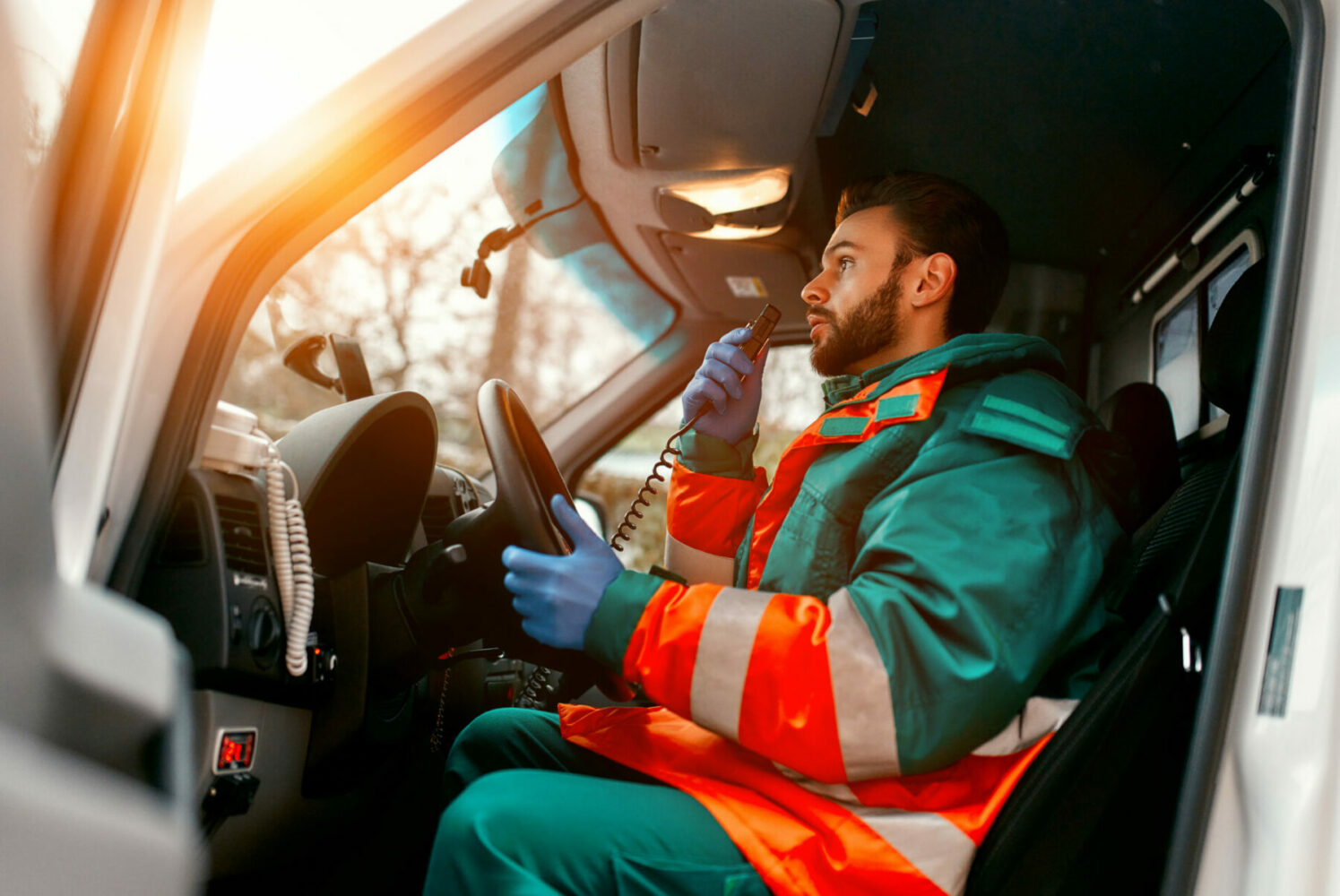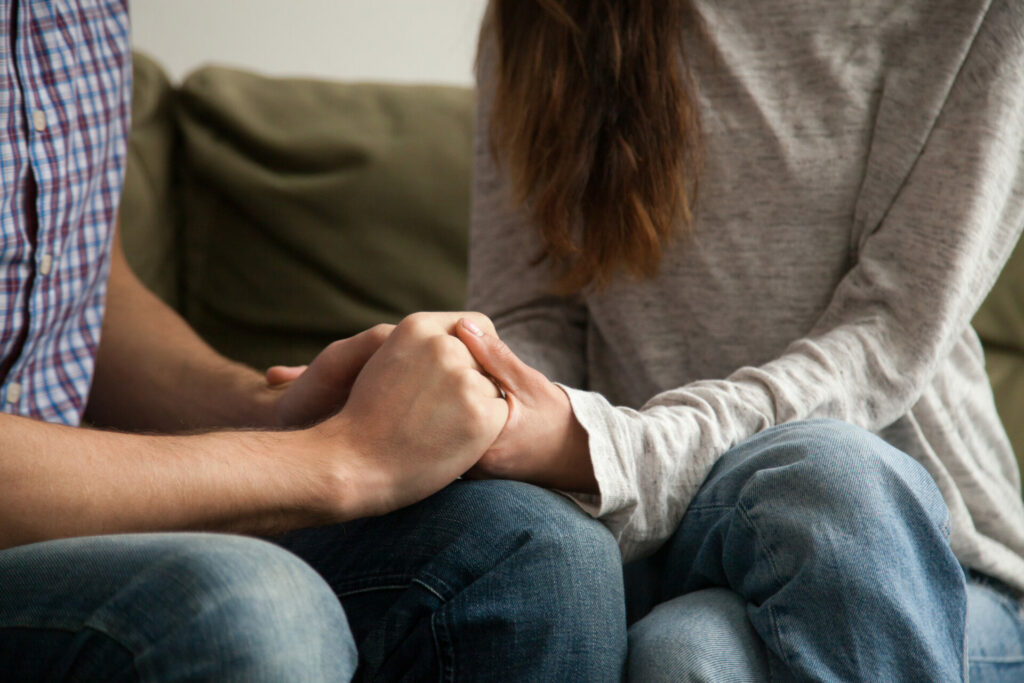It takes a certain kind of person to choose a career as a first responder. However, they are still human beings. Sure, the work they do is challenging, dangerous, and intense. They are often called heroes. But that does not make them immune to emotions like grief and despair. The problems occur when first responders begin to feel they cannot show what they are feeling.
When first responders arrive at the scene of a crisis, yes, they are trained to react with professionalism and some sense of detachment. It’s not fair but so many folks assume that the first responders walk away from such scenes unaffected.
Grief is Not a Sign of Weakness
Too often, however, grief is treated like a sign of weakness. This goes double for those expected to casually rise above it. Everyone experiences loss, trauma, and crises. Hence, everyone must process, mourn, and process. If they’re conditioned to hide their pain and just move on to the next experience, it can result in some serious mental health issues.
First responders are consciously and unconsciously programmed to eschew grief. It’s not part of the job description. The expectation is to be calm, stoic, and unmovable. This is an unrealistic belief that serves none of us well. With a job like this, every single day has the potential to bring tragedy. To suppress one’s emotions in order to “stay strong” is a recipe for complicated, unresolved grief.
Signs of Burnout in First Responders
- Neglecting basic self-care, including hygiene
- Believing you don’t make a difference
- Focusing only on perceived “failure”
- Feeling easily agitated and frustrated
- Blaming yourself for anyone who is injured or dies at a scene you attended
- A general sense of numbness and detachment
- Exhaustion
- Choosing to self-medicate
- Displaying signs of secondary trauma
Let’s clarify the last item on the list above. You do not have to be directly victimized by an event to be traumatized by it. First responders can end up with Post-Traumatic Stress Disorder (PTSD) from all the pain they witness. This, in turn, can result in the same PTSD symptoms as the direct victims, e.g.
- Intrusive thoughts
- Nightmares and flashbacks
- Hyper-vigilance
- Physical symptoms of stress
What Should First Responders Do?
The road to much-needed change must be paved with self-care. Even if you fear performing self-care in the presence of others, please start doing so on your own. Monitor and safeguard your eating, sleeping, and exercise habits while making stress management a part of your daily (hourly) life. More specifically to the job itself:
- Set boundaries: Manage your schedule in terms of how long and how frequent your shifts are.
- Be realistic: You can’t save everyone and be everywhere. Work as a team. Take breaks when needed. Prioritize yourself, too.
- Be vocal in the workplace: Garner support from supervisors and co-workers. There is zero value in maintaining a counterproductive, inhuman system.
- Talk about mental health: Let your colleagues know it’s safe to have such conversations.
- Create a buddy system: Partner up with another first responder. Keep an eye on each other.
Gain an Understanding About Grief
A police officer will study the law. Emergency Medical Technicians know all about, for example, medications. Firefighters bring vast expertise to any crisis scene. Add to that knowledge. Gain awareness of the mechanisms of grief. This can be your foundation for cultivating the balance you need to manage such a challenging and noble career.
An excellent starting point for this education is therapy. Connect with a mental health professional to get the kind of guidance that can make you a stronger first responder — and a much healthier human being. Reach out to me if you are interested in counseling for first responders.




